
Author Mads Timmermann
Mads has 15+ years of experience as a skin expert and has written/read this article.
🔥 New Updated 2025 Guide: 🔥
👉 Get the Clean Skin Guide now
Tired of acne and breakouts that never go away? 🤔
Learn how to fight your acne effectively and quickly.
🌟 390,067 others have already received the guide.
Acne is a common skin condition that affects many people, and its relationship with hydration has been a topic of interest. While the specific cause of acne can be multifaceted, involving factors such as genetics, hormone levels, diet, and stress, one simple question arises: Does drinking water help to manage or prevent acne? Drinking sufficient water may help the body to maintain optimal hydration levels, which is crucial for all bodily functions, including skin health. Adequate water intake is thought to aid in detoxification and may support the skin’s elasticity and vigor, possibly reducing the likelihood of clogged pores that can lead to acne.
Research is ongoing regarding the effects of water consumption on acne, but existing studies suggest a connection between hydration and skin health. Staying properly hydrated ensures that the skin is not overly dry, which can trigger increased oil production—a key contributor to acne. Additionally, water may help in flushing out toxins that could potentially affect the skin. As for how much water one should drink, there is no one-size-fits-all answer, as individual needs vary based on factors like activity level and climate; however, the concept of drinking enough water to maintain clear urine is generally accepted as a good rule of thumb.
Key Takeaways
- Drinking enough water is essential for maintaining overall skin health and resilience.
- Proper hydration may support the body's detoxification processes and minimize pore clogging.
- Water intake needs are individualized; it's commonly advised to drink enough to keep urine clear.
The Science of Acne and Hydration
In exploring the relationship between acne and water intake, we consider both the role of hydration in maintaining healthy skin and the potential impact of dehydration on acne prevalence.
Role of Water in Skin Health
Hydration plays a crucial role in skin health; it's fundamental for maintaining skin elasticity, resilience, and detoxification. Water aids in the distribution of essential nutrients to the skin cells, which is vital for their repair and regeneration. Additionally, water is instrumental in flushing out toxins that may contribute to inflammation and subsequently, acne breakouts.
Link Between Dehydration and Acne
Dehydration can have a detrimental effect on our skin's ability to combat acne. Without sufficient hydration, the skin may become dry and more prone to irritation and inflammation. Dry skin can lead to an overproduction of oil as a compensatory mechanism, further exacerbating acne issues by clogging pores and providing a breeding ground for acne-causing bacteria.
Benefits of Drinking Water for Acne Sufferers
Drinking water plays a crucial role in maintaining skin health and may have specific benefits for those suffering from acne. It assists in removing toxins from the body and can help balance oil production in the skin.
Toxin Elimination and Skin Clarity
Water is essential for our body's detoxification processes. It helps flush out toxins and waste products that, if accumulated, could contribute to inflammation and acne flare-ups. Staying adequately hydrated may support the kidneys and liver in their purification tasks, which is pivotal for maintaining clear skin. Moreover, adequate water intake promotes healthy bowel movements, potentially reducing the likelihood of toxins being reabsorbed into the bloodstream and affecting the skin.
Hydration and Oil Production Balance
Hydration directly impacts our skin's health. When we are dehydrated, our body responds by producing more oil to compensate, which can lead to clogged pores and acne. Ensuring we drink enough water can aid in maintaining the moisture balance of the skin, reducing excess oil production. Proper hydration helps keep the skin supple and can minimize the appearance of pores, aiding in the prevention of acne.
How Much Water to Drink for Acne Prevention
Hydration plays a vital role in maintaining healthy skin and may aid in acne prevention. Our exploration focuses on optimal water consumption and factors that determine individual hydration needs.
Daily Water Intake Recommendations
According to health experts, we should aim to drink at least 8-10 glasses of water per day, which equates to approximately 2 liters or half a gallon. This quantity helps to ensure that our body and skin are sufficiently hydrated. For acne prevention, maintaining this level of hydration can support the natural detoxification process and aid in the reduction of skin inflammation.
- Men: About 3.7 liters (125 ounces) daily
- Women: About 2.7 liters (91 ounces) daily
It's essential for us to note that these are general guidelines and our individual needs may vary.
Factors Influencing Water Needs
Each of us has unique hydration requirements influenced by various factors:
- Climate: Hot or dry climates can increase our water needs due to more rapid dehydration.
- Activity levels: Engaging in exercise or any physically demanding activity necessitates increased water intake to compensate for fluids lost through sweat.
- Diet: Consuming foods rich in water, such as fruits and vegetables, can contribute to our hydration status.
- Health status: Certain health conditions or medications may affect our water requirement.
By learning about the relationship between water consumption and skin health, as discussed in "The Hidden Cause of Acne", we can tailor our daily water intake to better suit our individual circumstances and possibly improve our acne.
Complementary Acne Treatments and Lifestyle Changes
We can boost the effectiveness of acne treatments by integrating certain lifestyle modifications and complementary therapies into our routine. These adjustments are designed to work alongside conventional treatments and promote skin health.
Dietary Adjustments for Acne
Adjusting our diet may help manage acne by reducing inflammation and balancing hormone levels. Foods high in zinc, antioxidants, and omega-3 fatty acids contribute to healthy skin. Conversely, it's suggested that we limit dairy and high-glycemic-index foods which might trigger acne.
-
Favorable Foods:
- Green vegetables
- Fatty fish (e.g., salmon)
- Nuts and seeds
-
Foods to Reduce:
- Sugary snacks and drinks
- White bread and pasta
- High-fat dairy products
Skincare Routine Enhancements
A tailored skincare routine can be a game-changer for acne-prone skin. Gentle cleansing and the use of non-comedogenic moisturizers and sunscreens are key steps. Additionally, considering a customized skin care routine that's based on clinical data could significantly benefit our skin health.
-
Daily Skincare Must-Haves:
- Cleanser
- Moisturizer
- Sunscreen
-
Recommended Additions:
- Exfoliants (weekly usage)
- Targeted acne treatments (find products that suit your skin type)
Stress Management Strategies
Stress is a known aggravator of acne. By incorporating stress reduction techniques into our lives, we can help mitigate its impact on our skin.
-
Stress-Reduction Techniques:
- Regular exercise
- Adequate sleep
- Mindfulness and meditation practices
Managing stress requires consistency, and the benefits extend beyond clearer skin, impacting our overall well-being.
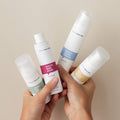
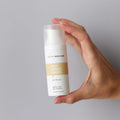
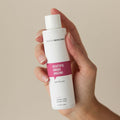
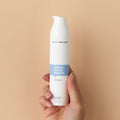
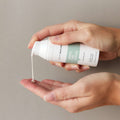
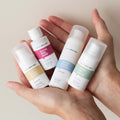
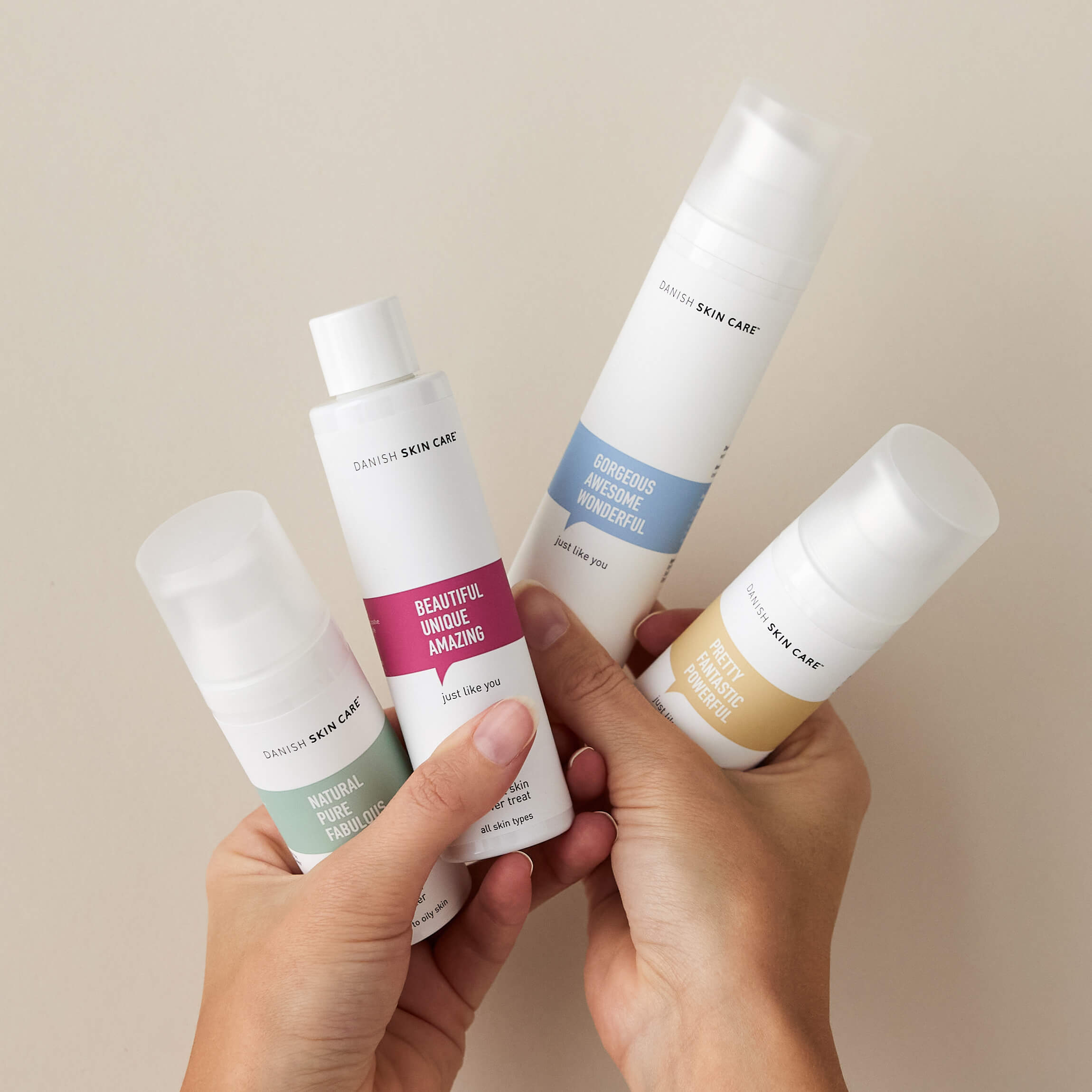
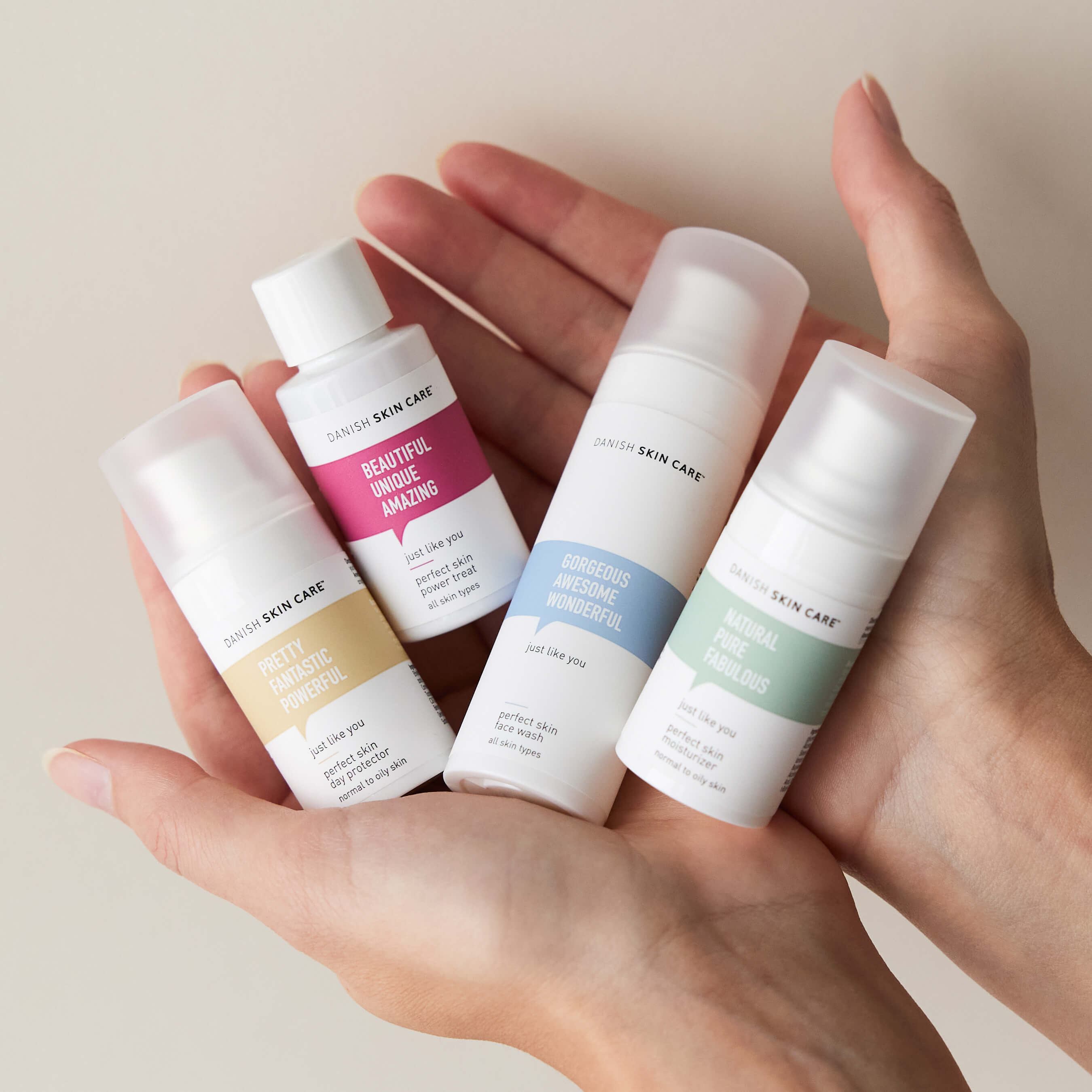
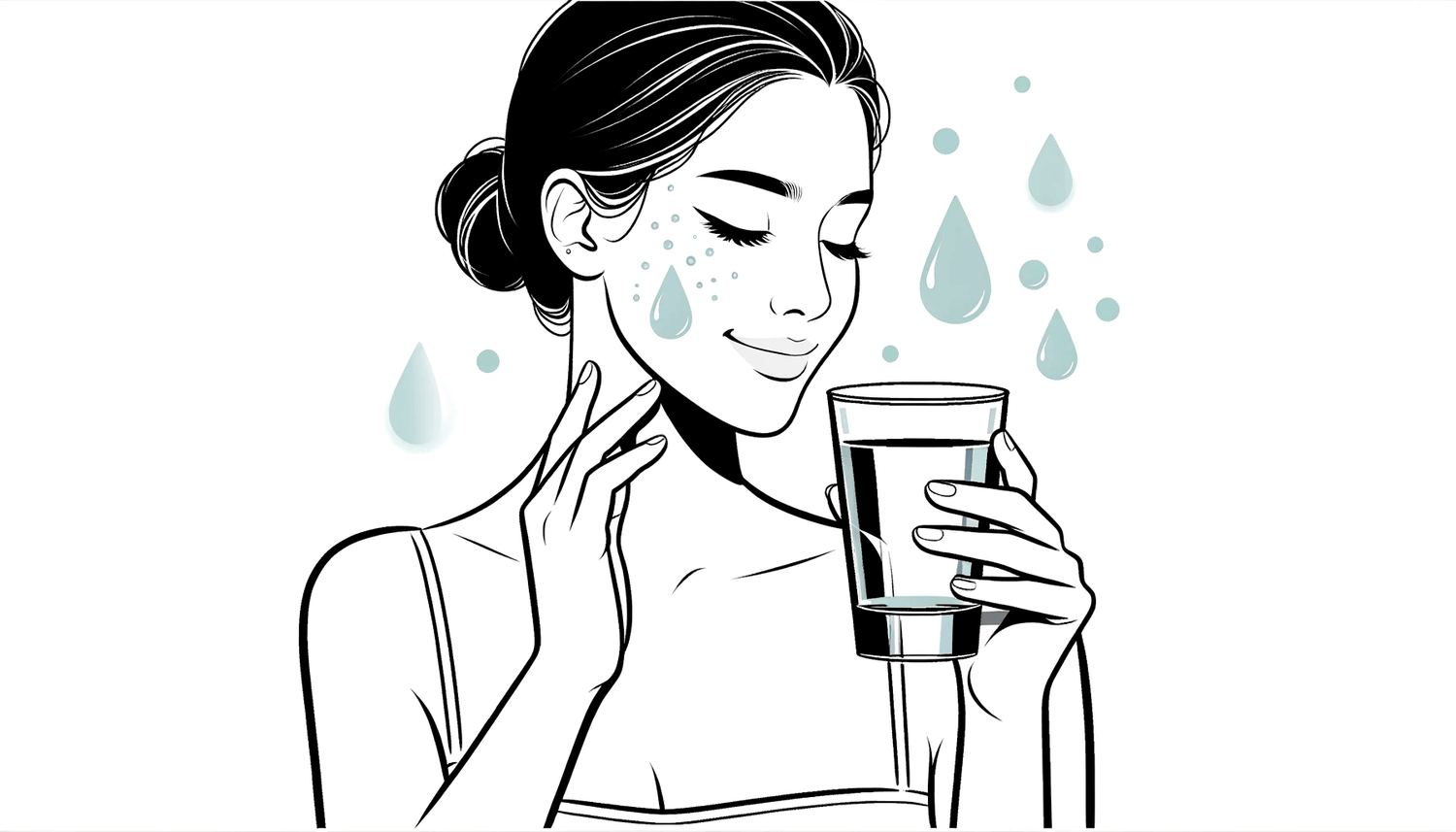
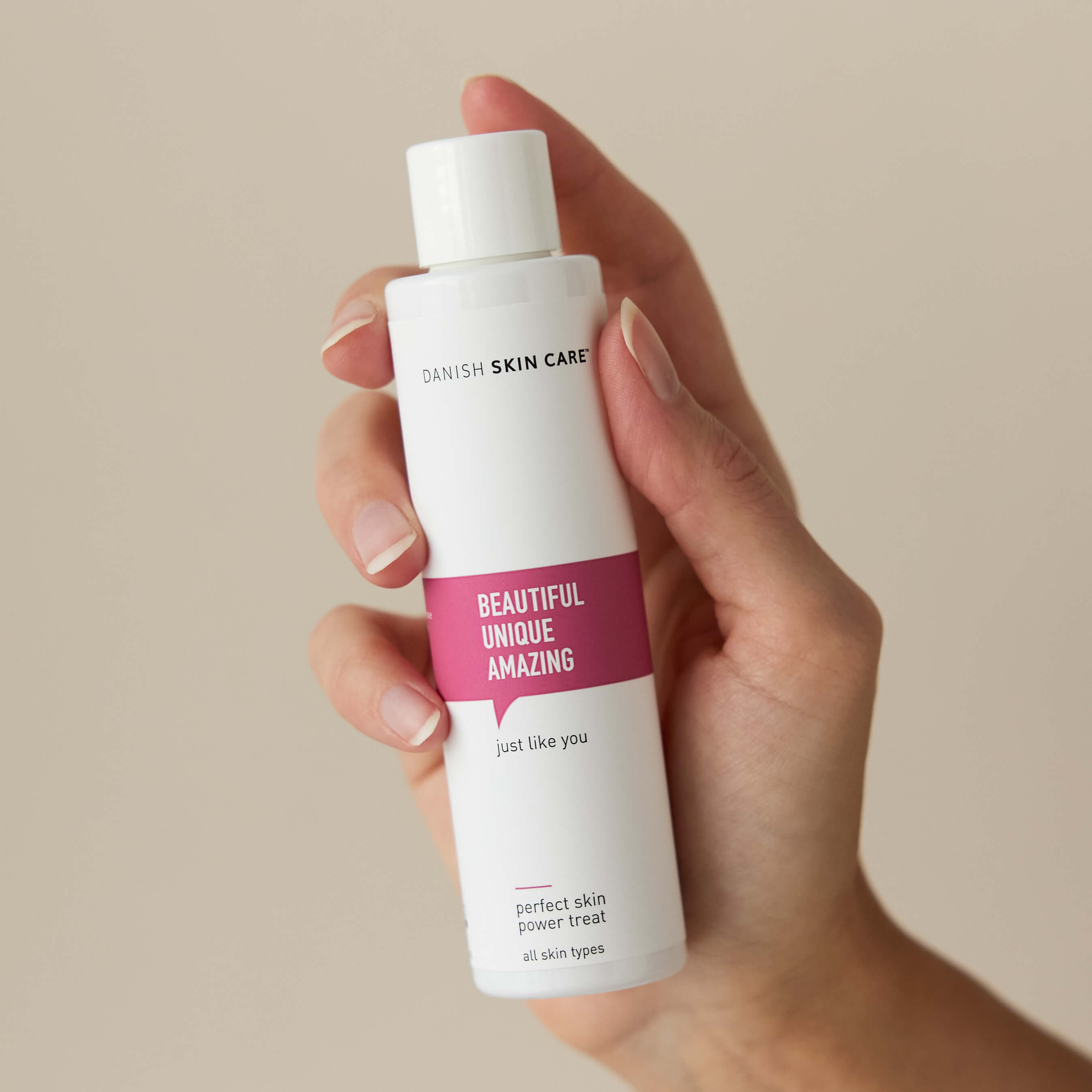
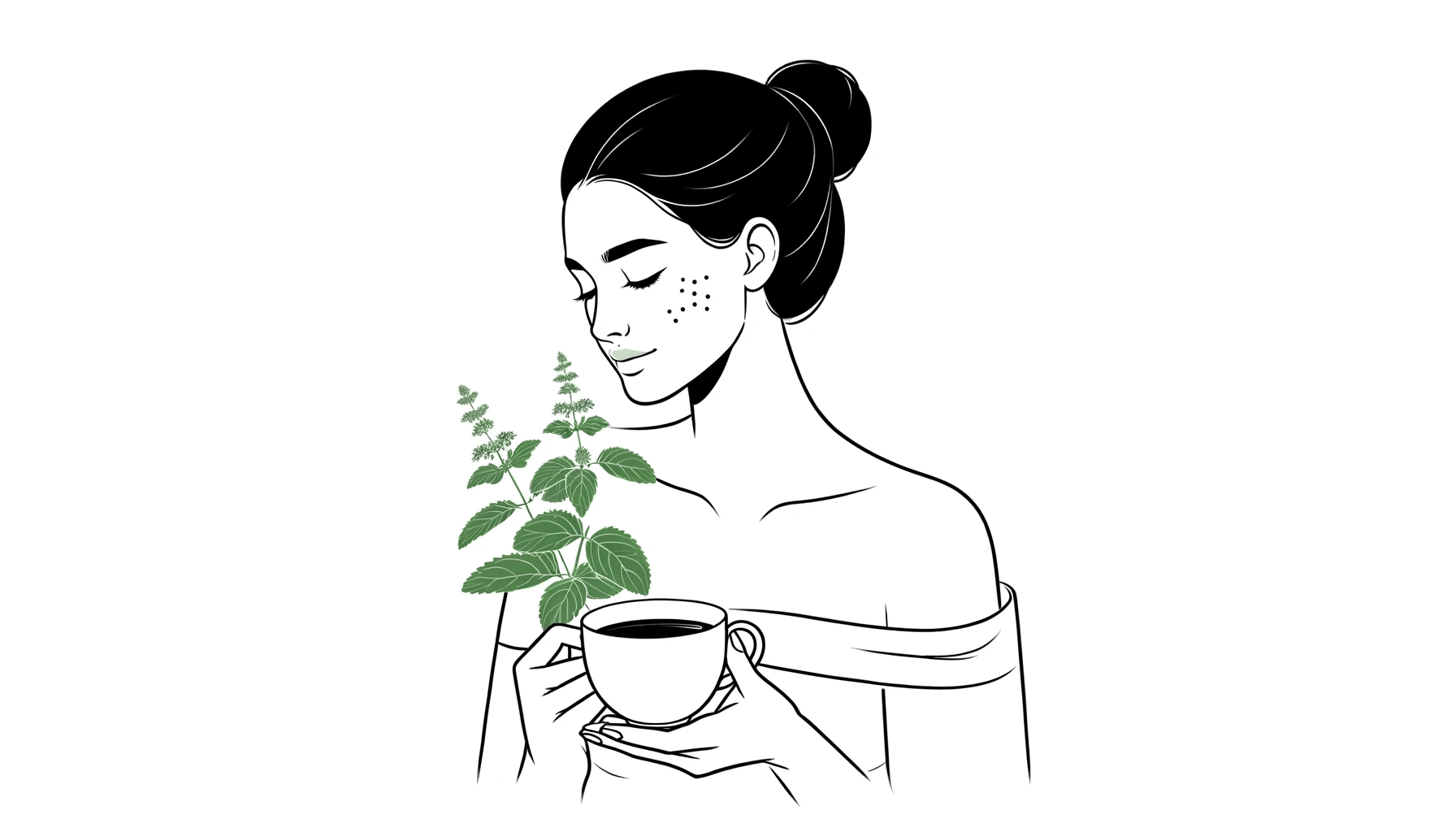
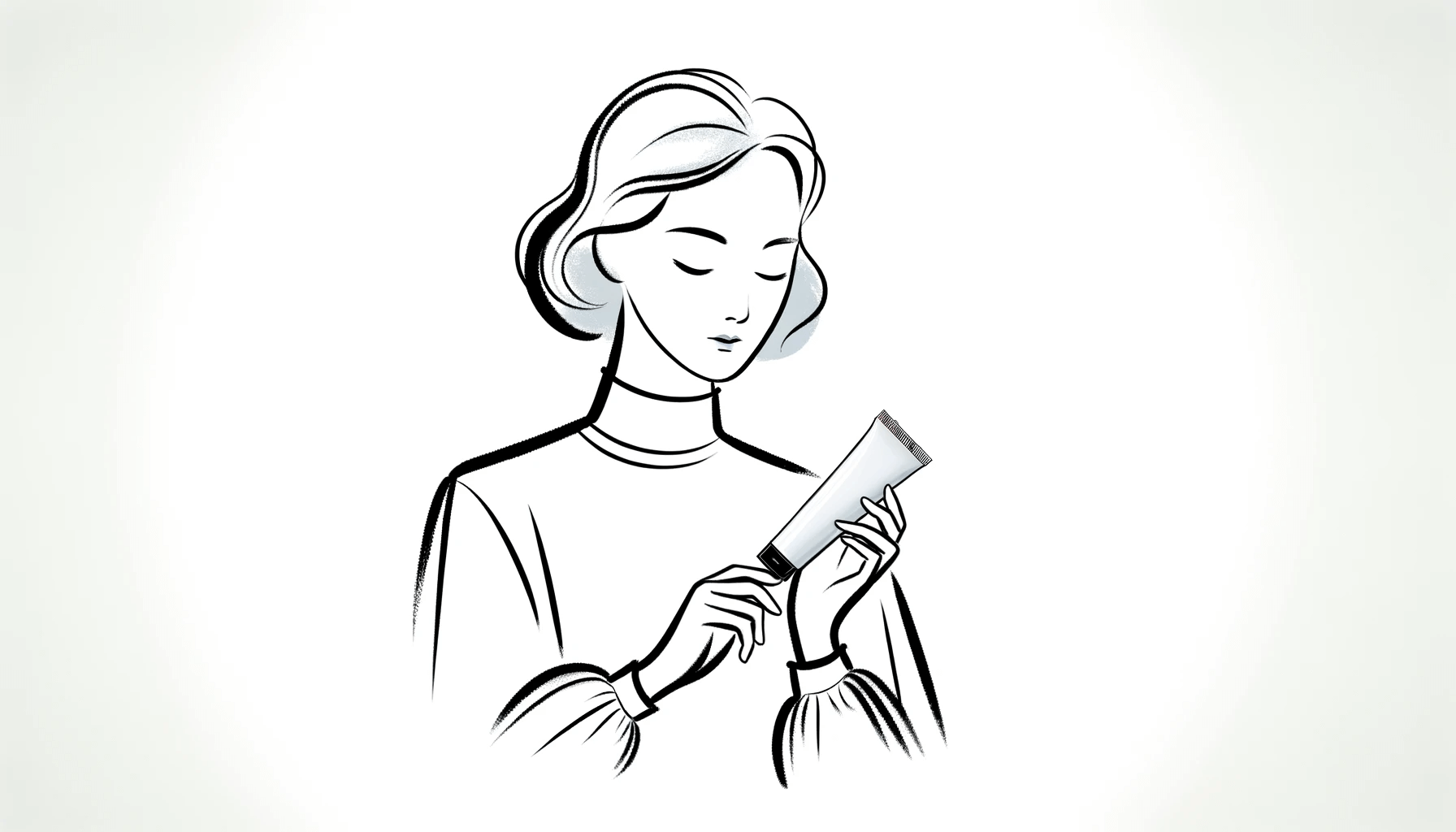
Leave a comment